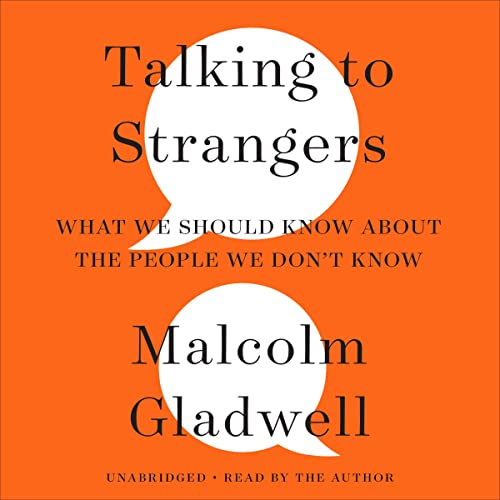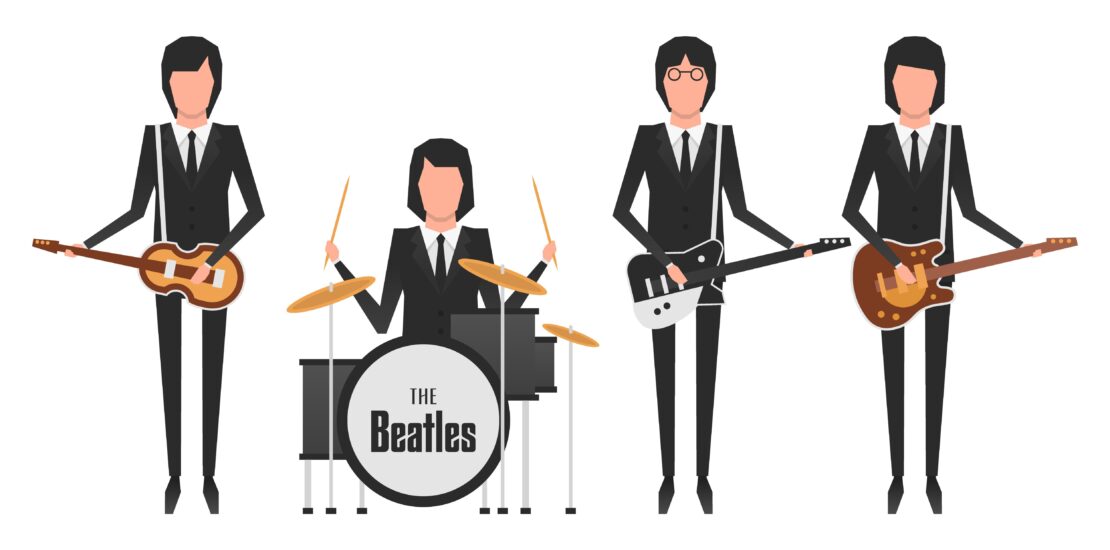Malcom Gladwell
-
The Best Sales and Sales Leadership Content of 2023
- December 11, 2023
- Posted by: Dave Kurlan
- Category: Understanding the Sales Force

Welcome to my annual list of the best sales and sales leadership content of 2023. This year’s list has thirteen entries, including articles, videos, and LinkedIn posts. There are several categories including Most Read, Most Liked, Most Engagement, Best Quality and Personal Favorite. Ready?
-
Can Malcom Gladwell Explain the Sales Hiring Problem?
- January 4, 2023
- Posted by: Dave Kurlan
- Category: Understanding the Sales Force

For the sales leaders who claim they trust their gut, this book and its many examples demonstrates that there is no such thing as accurate gut instinct. Like a coin flip, you’ll be right half the time. So what can companies do to improve on these odds? Assessments.
Consider these statistics from several sources:
-
2021 Challenge: Put a Little Beatles Into Your Selling!
- January 4, 2021
- Posted by: Dave Kurlan
- Category: Understanding the Sales Force

The only thing that would make the Beatles different today is technology. The sound quality would be SO much better. It wouldn’t change their songs but the songs would sound better. It wouldn’t eliminate the work they did to write the songs but they would get the songs transcribed and notated more quickly. They would still have to record their music but the recording would be digital which would make mixing much easier.
Isn’t this all pretty much the same as sales? Let’s take a run-through.
-
Sales Performance – Does it Correlate with First Impressions?
- February 7, 2011
- Posted by: Dave Kurlan
- Category: Understanding the Sales Force
Let me talk about the first impressions and the follow up thoughts I had on 3 candidates.

